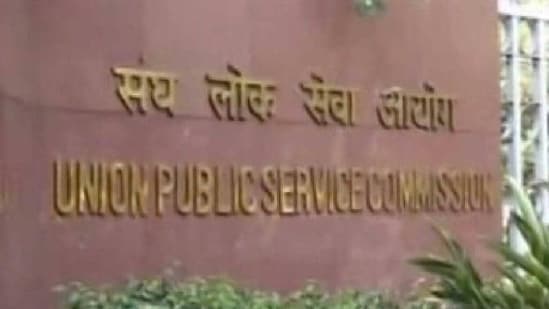UPSC Prelims 2022: Last month preparation tips by expert
UPSC Prelims 2022: Every year, the Union Public Service Commission (UPSC) conducts the Civil Services exam to recruit Group A and B officers in the central government.
Every year, the Union Public Service Commission (UPSC) conducts the Civil Services exam to recruit Group A and B officers in the central government. To make the cut, candidates need to have a robust study plan in place with clarity on the syllabus and important subjects to be covered as well as a comprehensive book list to help them sort out the study material and prepare only from the most relevant titles.

At this stage, candidates are likely to be stretched for time and become more anxious. A fool-proof strategy for the last one month can do wonders – especially for aspirants who are scoring borderline between 80-100 marks in the mock test series. Now is the time for them to focus on enhancing performance and improving scores.
Here are a few preparation strategies that aspirants can keep in mind while preparing for UPSC Prelims:
1. Important Subjects to Cover
Every aspirant irrespective of their level of preparation needs to appear and clear the Prelims stage. UPSC prelims 2022 is scheduled for June 5 and the preparation strategy for it needs to be an interplay of important topics from the syllabus. The key here is to balance one’s preparation between the General Studies and the Current Affairs papers so that there’s an interconnect between the two.
The important subjects which an aspirant must focus on while preparing for the Prelims include Current Affairs, Environment and Ecology, Polity, Economics, and Geography, as well as develop General Mental Ability. Candidates should read crisp summaries of monthly Current Affairs compilations of at least the last 18 months. They need to study contemporary issues in Economics, Polity, Geography and Environment. In the CSAT paper, the mental ability questions require speed and accuracy while comprehension questions require aspirants to be patient and very attentive. Hence, candidates should understand how to answer each type of questions.
2. Make Proper Notes While Studying
UPSC preparation is like a full-time job. Candidates must prepare personalized notes throughout and largely focus on important topics, historical movements, significant names, dates, facts, etc. These notes help learners significantly for last-minute revisions.
3. Follow a Static-Dynamic Revision Strategy
If candidates are going over a list of static topics first, then they must try to keep up with the Current Affairs of the same topics later. This will prove most beneficial for subjects like Polity and Economy. It’s important to streamline and consolidate the whole material.
4. Practice mock tests every day
UPSC aspirants must practice mock tests and sample papers every day as that is an active revision strategy. They should try and take one mock test each day for the last remaining 30 days. To get the most out of these tests, candidates must begin by solving the test in parts and accordingly, correct their answers. It is advised to take the mock test in a similar setting as that of the prelim exam, which helps in boosting their confidence for the real exam.
5. Past Test SWOT Analysis
Aspirants must conduct a personal SWOT analysis to understand their areas of strengths and weaknesses. The resultant test score will help them know where they stand in terms of their preparation and where they need to improve. They must build on their strengths and find ways to handle their weaknesses.
6. Stay Calm and Focused
Year-long preparation may seem tiring and overwhelming. Candidates must take the last remaining month before the exam to consolidate all their learning rather than getting flustered with the enormity of the task at hand. A healthy sleep pattern, mindful eating, and meditation – all can help keep one calm and motivated.
For an exam as competitive as UPSC CSE, candidates need to maintain their focus and avoid being distracted while preparing. More than an academic test, UPSC CSE is a psychological assessment where apart from an aspirant’s IQ, their EQ also matters. Hence, one must stay in conversation with their family and friends for motivation and not isolate themselves.
(Author is UPSC exam Educator at Unacademy. Views expressed here are personal)












